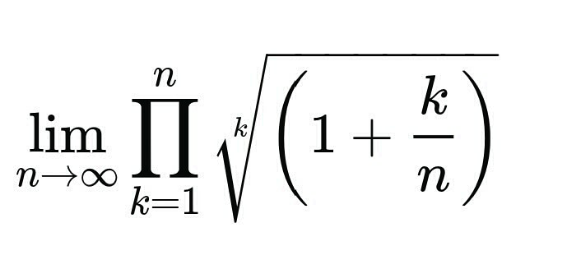
AllQuestion and Answers: Page 758
Question Number 144007 Answers: 0 Comments: 0
Question Number 144006 Answers: 0 Comments: 0
Question Number 144001 Answers: 2 Comments: 0

Question Number 144000 Answers: 1 Comments: 0
Question Number 143997 Answers: 2 Comments: 0
Question Number 143995 Answers: 1 Comments: 0
Question Number 143993 Answers: 1 Comments: 0

Question Number 143987 Answers: 1 Comments: 0
Question Number 143980 Answers: 1 Comments: 0

Question Number 143979 Answers: 1 Comments: 0

Question Number 143970 Answers: 1 Comments: 0
Question Number 143965 Answers: 1 Comments: 1

Question Number 143964 Answers: 1 Comments: 2
Question Number 143963 Answers: 1 Comments: 0
Question Number 143962 Answers: 2 Comments: 0
Question Number 143961 Answers: 1 Comments: 0
Question Number 143960 Answers: 2 Comments: 0
Question Number 143959 Answers: 1 Comments: 0
Question Number 143958 Answers: 1 Comments: 0

Question Number 143951 Answers: 0 Comments: 0
Question Number 143952 Answers: 3 Comments: 0

Question Number 143920 Answers: 2 Comments: 0

Question Number 143913 Answers: 1 Comments: 0
Question Number 143932 Answers: 4 Comments: 0

Question Number 143923 Answers: 0 Comments: 1
Question Number 143904 Answers: 1 Comments: 0

Pg 753 Pg 754 Pg 755 Pg 756 Pg 757 Pg 758 Pg 759 Pg 760 Pg 761 Pg 762
